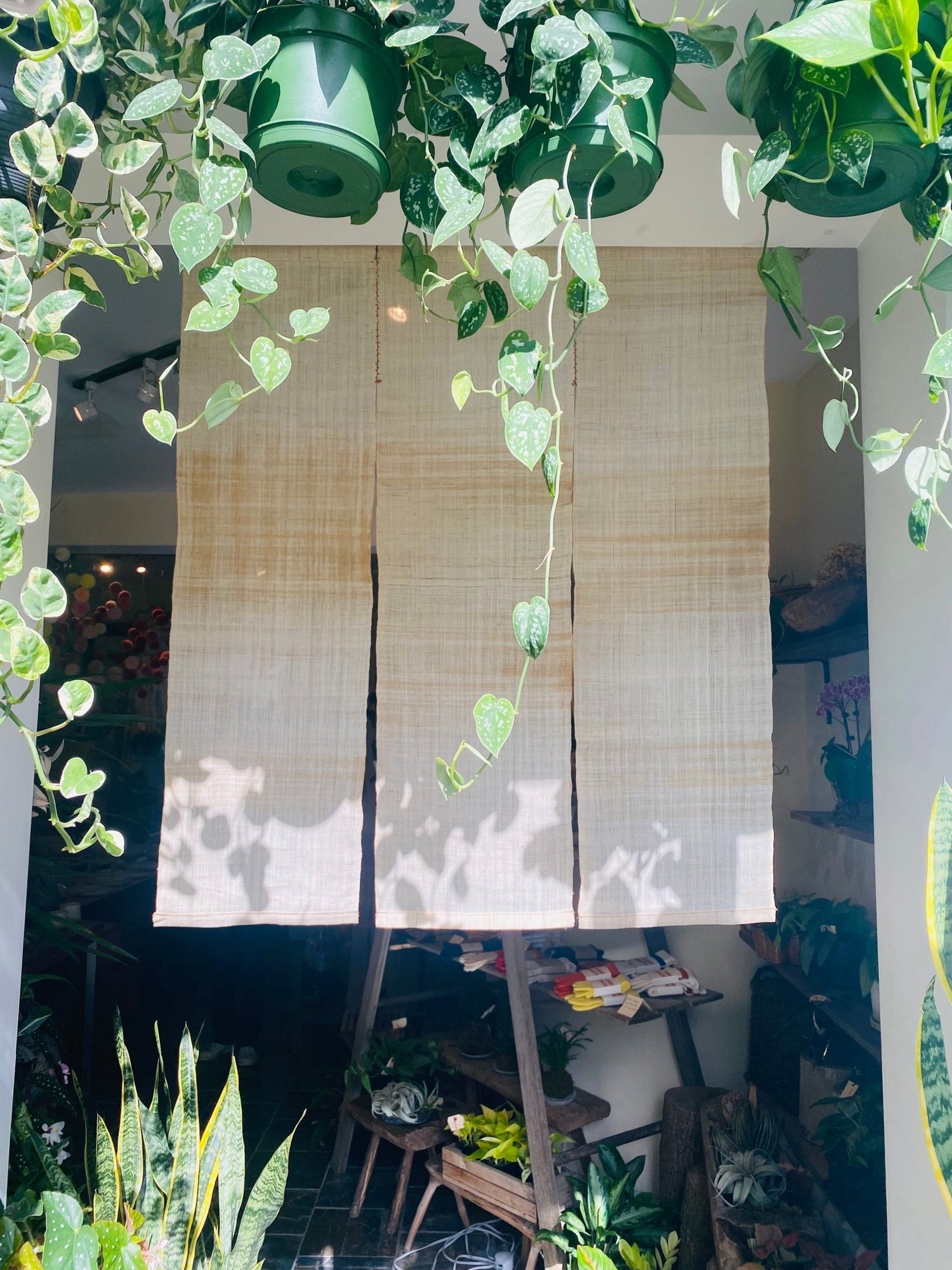Welcome to our latest blog post! I’m Satoshi, the product manager at MIKA, and today, I’m thrilled to share the beauty and depth of Japanese crafts with you. Our store is proud to carry an array of exquisite items from different corners of Japan: the cozy tabi socks from Nagano, the aromatic incense from Kyoto, the delicate glassware from Tokyo, and the historic Bizen ware from my very own hometown, Okayama Prefecture. Each of these products has not only captivated our customers but has also, in their own unique ways, become a beloved gift choice for many.


Japan's prefectures are currently divided into 47, but during the Edo period (1603-1868), there were over 200 domains. Each domain, ruled by a local lord called a "Daimyo," had its own military power, economic sphere, and culture. However, domains were abolished after the Meiji Restoration (1868-1912), and the current prefectures were established. Nevertheless, due to the integration of domains into prefectures, cultural and dialect differences still exist within the same prefecture, especially between east and west.
Craftsmanship thrived throughout Japan, heavily influenced by the Edo period. At that time, tea ceremony and ikebana flourished, and Daimyos ruling various domains gathered artisans to foster the development of craftsmanship. Artisans presented their crafted goods to the Daimyos and subsequently to the Tokugawa shogunate (the government of Japan at the time). Craftsmanship at the time involved specialized roles in each craft. For example, in pottery, potter's wheel artisans and painters contributed their respective skills to complete the works.
In addition to pottery and lacquerware, there are various other crafts in Japan, such as Kyoto's Kyo-yuzen dyeing, Nara's Aizen dyeing, Okinawa's Ryukyu dyeing, and Kurashiki shibori from Okayama. Prefectures like Okayama, Kyoto, and Ishikawa are also famous for paper-making. From woodworking, lacquerware, swords, textiles, to glassware, the list is endless, with products still made using local materials and techniques unique to each region.
While craftsmanship had been declining until recently, now, many small and medium-sized workshops, which have been family businesses for generations, are embracing designers and producers to share their creations with the world. They not only pass down techniques but also contribute to long-term craftsmanship rooted in regional environments and history. Many individual craftsmen are also active, expanding their presence through platforms like social media. Since many individual craftsmen cannot specialize, they often handle all stages from design to production, sales, and marketing, which is challenging but also highlights the freedom and strength of being independent. I believe both specialization and independence have their strengths, making it a good era.

(Satoshi Yoshikawa (me) firing Bizen pottery in a woodfire kiln in Bizen, Japan, in 2017)

Japan may be smaller than Canada, but its elongated landmass boasts diversity and a plethora of cultures and craftsmanship. While I can't strongly reflect my opinion on craftsmanship, one thing is clear: many craftsmen I've met learn from the past, appreciate natural resources, and express themselves in the present. Whether it's pursuing technology and functionality, artistic expression, inspiration of the moment, or exploring materials, each artisan's expression varies, but they are all striving and challenging themselves.
While traveling to rural areas may still pose inconveniences for tourists, Japan is finally gearing up to welcome international travelers, so I encourage you to consider adding local craftsmanship to your travel itinerary. If you have any questions about craftsmanship during your upcoming travels, feel free to reach out anytime. I look forward to everyone encountering wonderful craftsmanship.





